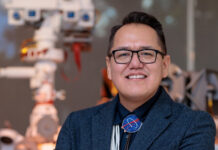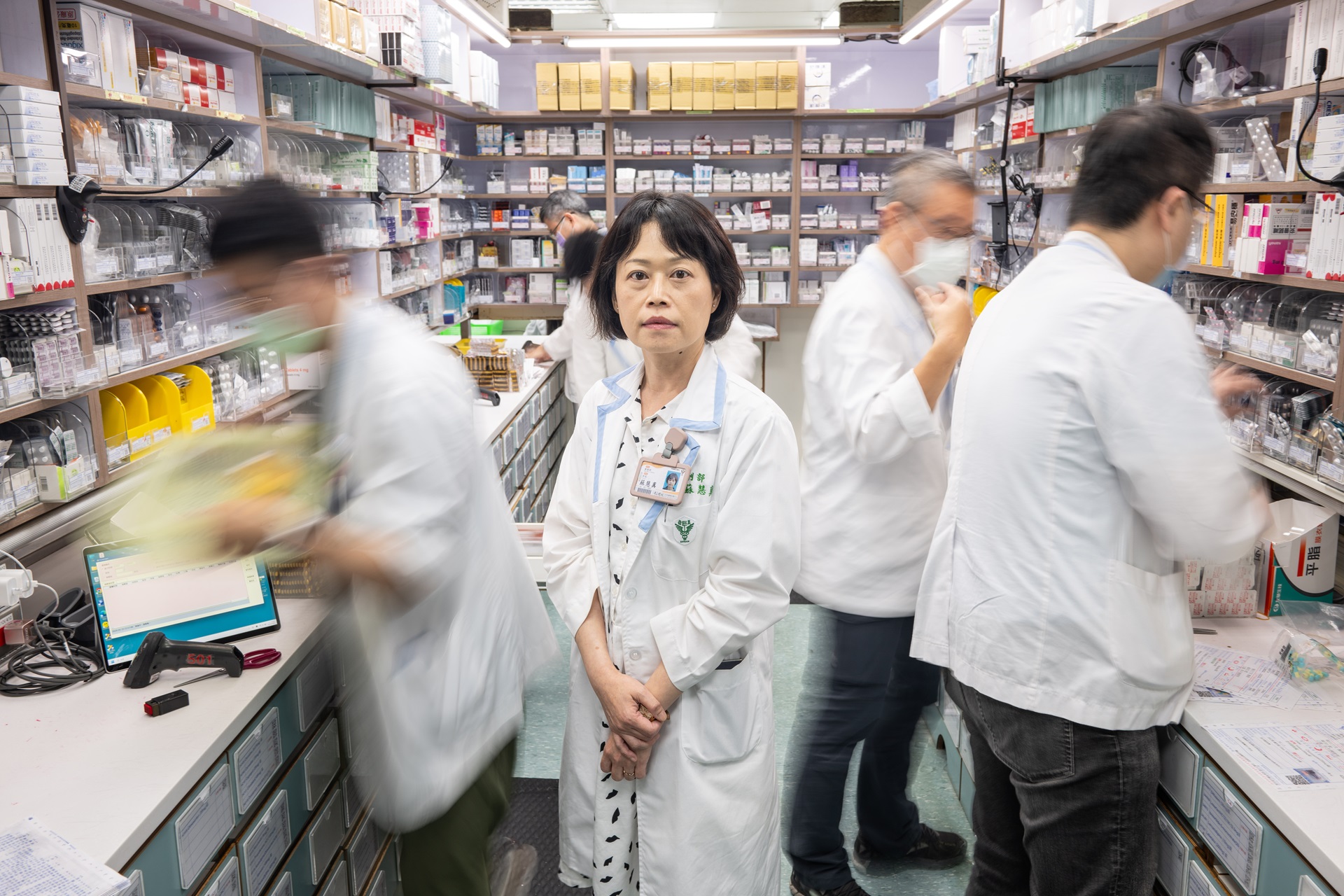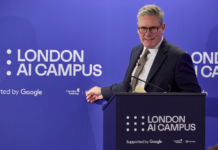Revolutionizing Healthcare in Taiwan: How AI is Assisting Overstretched Medical Professionals at Chi Mei Medical Center
In the bustling city of Tainan, Taiwan, the pharmacy department at Chi Mei Medical Center is a hive of activity. Pharmacists in white coats work diligently, preparing medication for the steady stream of patients waiting on the other side of the counter. However, since April, their workflow has been significantly enhanced by a new generative AI assistant, known as a copilot, developed using Microsoft’s Azure OpenAI Service.
This AI assistant, branded as the A+ Pharmacy copilot, is a game-changer for the medical professionals at Chi Mei. With a single click on the A+ Pharmacy button, a comprehensive summary of a patient’s clinical information is displayed, collated from various databases. This includes medication lists, surgical records, allergy histories, lab test results, and more, all integrated into one user-friendly interface. The copilot even flags potential drug interactions and checks if medications are covered by insurance, streamlining the prescription process.
"The design logic fits how pharmacists work," notes Hui-Chen Su, the head of the pharmacy department. The time saved by using the copilot is substantial, allowing a single pharmacist to see up to 30 patients a day, compared to the previous 15. This efficiency gain means pharmacists can focus more on patients with complex medical needs. The feedback from Chi Mei pharmacists has been overwhelmingly positive, with the copilot receiving ratings between four and five stars out of five.
Addressing the Healthcare Worker Shortage
The introduction of generative AI at Chi Mei Medical Center is part of a broader effort to address the chronic shortage of healthcare workers in Taiwan. The country’s aging population and low birth rate exacerbate this issue, and the COVID-19 pandemic has further discouraged new entrants into the medical profession. Despite having one of the best healthcare systems in the world, Taiwan faces a significant manpower challenge, with only two doctors and 7.6 nurses per 1,000 people, compared to the OECD averages of 3.6 and 8.9, respectively.
Doctors in Taiwan often work an average of 69 hours a week, far exceeding their scheduled 50 hours. This overwork has led to high levels of burnout and stress among healthcare professionals. In this context, the adoption of generative AI tools, which leverage large language models (LLMs) to synthesize data and generate text, code, and images, is seen as a revolutionary step akin to the advent of the web browser and smartphone.
Early Adoption and Impact
Chi Mei Medical Center, a nonprofit institution owned by the CHIMEI Corp. charitable foundation, has been a pioneer in digital healthcare. The center adopted electronic medical records as early as 1995 and has since developed an Intelligent Healthcare Center to work on predictive AI models. During the COVID-19 pandemic, this center created models to predict which patients would need ventilators and how quickly they could be weaned off them.
In 2022, Chi Mei began using Microsoft 365 and Power BI for hospital administration and data analysis. With the introduction of Microsoft Azure OpenAI Service, the hospital integrated its various databases with the generative AI platform, ensuring the security of sensitive patient data. Since November 2023, Chi Mei has rolled out multiple AI copilots, each tailored to different medical roles such as doctors, nurses, pharmacists, and nutritionists.
These copilots have been used approximately 36,000 times by 3,500 individual users in May alone. Doctors have found that they can now generate medical reports from admission and progress notes in just 15 minutes, compared to the hour it used to take. Nurses use their copilot to produce shift change and bed transfer reports more efficiently, and nutritionists use theirs to create dietary recommendations.
Overcoming Resistance and Ensuring Safety
Introducing AI into a traditionally human-dominated field like healthcare was not without its challenges. Some doctors initially resisted, claiming they didn’t need AI assistance. Nurses feared that the AI might make them redundant. However, hospital leaders reassured staff that the copilot was designed to assist rather than replace them, emphasizing that the goal was to reduce workload and allow healthcare professionals to spend more time with their families.
Today, two-thirds of Chi Mei’s 95 pharmacists, half of its 2,000 nurses, and one-third of its 700 doctors use the copilot. The AI tools are built on different versions of the GPT model, depending on the user’s needs. For instance, residents use GPT-3.5, while more advanced tasks like reviewing medical records are handled by GPT-4.
Nurses have reported significant time savings when documenting bed transfers, reducing the process from 10-20 minutes to under five minutes. This efficiency allows them to spend more quality time with patients. However, there are still areas for improvement. Some users have noted that the AI occasionally uses layperson terms instead of medical terminology, requiring manual edits. Despite these minor issues, the overall performance of the AI has exceeded expectations.
The Future of AI in Healthcare
Chi Mei Medical Center continues to refine its AI copilots, particularly in language accuracy. The center is also working on new applications, such as an A+ National Exam Review copilot to help doctors with ongoing education requirements. By compiling information from fragmented databases into a single view, the AI not only enhances efficiency but also encourages healthcare professionals to show greater empathy towards patients.
Dr. Hung-Jung Lin, CEO of Chi Mei, sees a future where every medical professional has a digital assistant. Preliminary surveys indicate that the introduction of the copilot has reduced burnout among nurses. As AI continues to evolve, it promises to revolutionize healthcare by reducing administrative burdens and allowing medical professionals to focus on patient care.
Conclusion
The integration of generative AI at Chi Mei Medical Center is a testament to the transformative potential of technology in healthcare. By streamlining administrative tasks and providing comprehensive patient information, AI copilots are helping to alleviate the burden on Taiwan’s overstretched healthcare workers. As these tools continue to improve, they hold the promise of making healthcare more efficient, empathetic, and patient-focused.
In summary, the adoption of AI at Chi Mei Medical Center is not just a technological advancement; it is a significant step towards addressing the critical challenges faced by the healthcare sector in Taiwan. As other hospitals and healthcare institutions look to replicate this success, the future of healthcare looks increasingly digital and collaborative.
For more Information, Refer to this article.
































